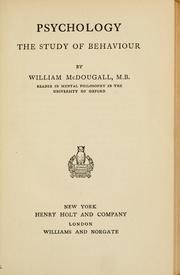
Photo from academic.microsoft.com
Skepticism about the efficacy and risks related to Covid-19 vaccinations has become a politicized issue. In response, some politicians have proposed policies (such as imposing vaccine passports) aimed at increasing… Click to show full abstract
Skepticism about the efficacy and risks related to Covid-19 vaccinations has become a politicized issue. In response, some politicians have proposed policies (such as imposing vaccine passports) aimed at increasing public vaccination rates. The response has been mixed. In the current study (N = 266), we examined the role of conservatism and moral judgments in accounting for these differences. Results from data collected between January and March 2021 showed that increased levels of conservatism and deontological processing (i.e., having a stronger D-process) were associated with less agreement to a government-imposed Covid-19 vaccine mandate. However, participants who made utilitarian responses to traditional switch and footbridge dilemmas reported greater agreement towards the same mandate. These results are consistent with prior findings showing political divides surrounding Covid-19 and indicate that individual differences in moral judgment predict opinion about a significant and current real-world issue.
Journal Title: Personality and Individual Differences
Year Published: 2022
Link to full text (if available)
Share on Social Media: Sign Up to like & get
recommendations!